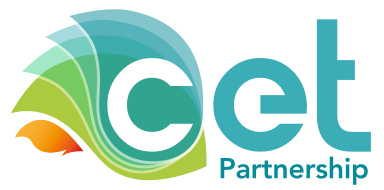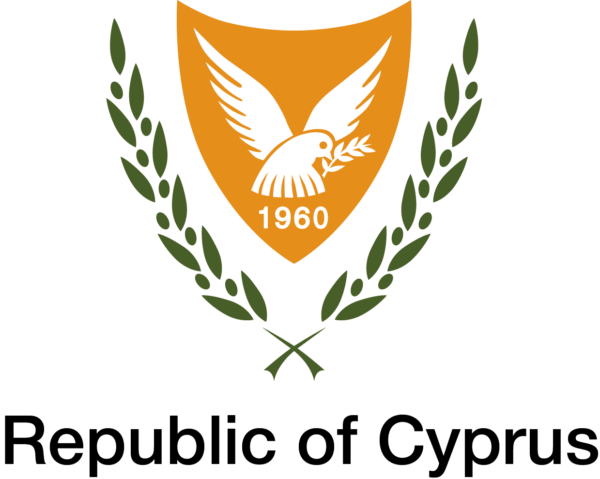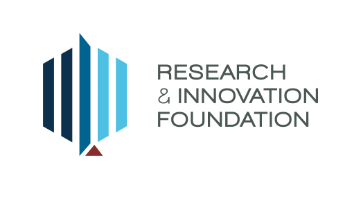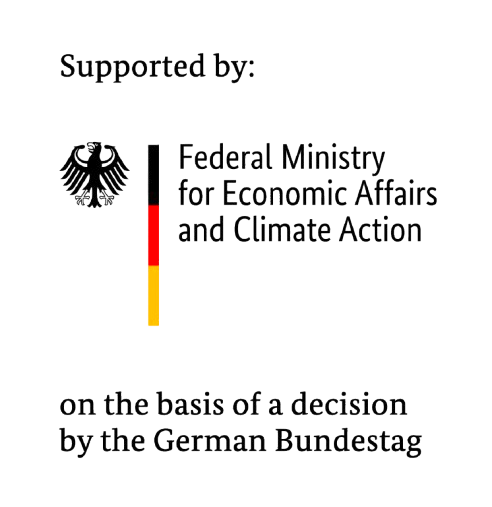CIRCULAR-PV is a three-year Research & Innovation (R&I) project commencing 01 January 2025 and running until 31 December 2027. The project team comprises 5 organisations from 4 countries. The project coordinator is UCY, based in Cyprus. The project acronym is CIRCULAR-PV, while the full title is “Towards long-lived and recyclable perovskite photovoltaics”.
Summary
Photovoltaics (PV) are expected to play a major role in the clean energy transition as part of key enabling zero-emission technologies. The need to scale up PV deployment means exponential increase of critical raw materials required and PV waste. Moving forward from existing technologies to emerging PV e.g., perovskites, will not eliminate the problem; on top of that, there will also be the need to address use and disposal of toxic materials and solvents that make up perovskite PV. The solution is to move away from the ‘take-makeuse-throw’ model and start working in a circular economy model. CIRCULAR-PV aims to develop and test innovative circularity strategies combined with low environmental impact manufacturing of perovskite PV modules to achieve reliable, sustainable, recyclable, and potentially lower cost PV. The eco-design modules will be studied outdoors in terms of their lifetime and stability investigating links between material recovery and degradation pathways generated by real field operation. The project aims to demonstrate successful material recovery without substantial quality loss and to study the feasibility of re-manufacturing eco-friendly PV. Ultimate target is to achieve effective recycling of eco-friendly perovskite modules without sacrificing long-term stability and efficiency. CIRCULAR-PV is highly relevant to the Call as it contributes through its learnings to the acceleration of clean energy transition towards climate neutral, circular economy.
Innovation
An essential facet of the project’s novelty lies in its holistic approach to the entire life cycle of a PV module, integrating considerations from conception to recycling during the design phase. Notably, the project goes beyond the mere confirmation of module recyclability, incorporating the recycling of field-aged materials to address real-world challenges. This approach stands out by combining the evaluation of degradation under diverse conditions with recycling efforts. The presence of different environmental conditions presented at the testing sites might affect the degradation pathways of the material in a different manner thus affecting the ability of the materials to be recycled. The correlation between the environmental conditions (temperature, irradiance), degradation pathways of the perovskite material and the recycling procedures will be demonstrated for the first time.
Added value
The findings of this transnational project once transferred to the respective countries will be beneficial in terms of rethinking existing RES policies, particularly solar PV, and their sustainability within the whole value chain helping to prevent future material supply security and build-up of PV waste.
Funding
CIRCULAR-PV is funded by the CETPartnership, under the Joint Call 2023. The CETPartnership’ s research projects are co-funded by the European Commission (Grant Agreement No. 101069750) and the national funding organizations listed on the CETPartnership website.”
The project is also co-funded by the EU within the framework of the Cohesion Policy Programme “THALIA 2021-2027.






